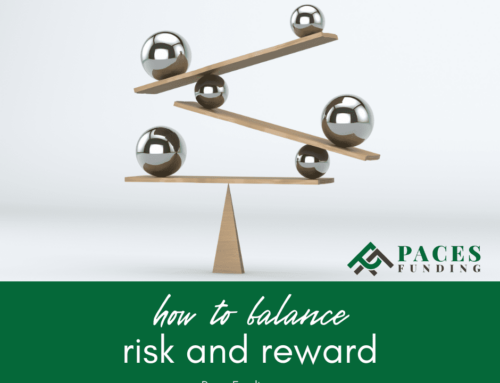
Adapting to Changing Real Estate Markets: Strategies for Success
The real estate market is dynamic, often influenced by economic, social, and political factors. Adapting to these changes is crucial for investors seeking success. This guide offers strategies to navigate and thrive in the ever-evolving real estate landscape.
Adapting to Changing Real Estate Markets: Strategies for Success
In this guide, we’ll discuss:
- Staying informed about market trends
- Flexibility in investment strategies
- Diversifying your real estate portfolio
- Emphasizing on due diligence
- Building a network for insights and opportunities
Here’s a closer look at each.
Staying Informed About Market Trends
Keeping abreast of market trends is essential in adapting to changing real estate markets. This involves monitoring economic indicators, housing market data, and regulatory changes. Staying informed helps you anticipate market shifts and make timely decisions.
5 HUGE mistakes to avoid when you’re looking for a property to flip
Flexibility in Investment Strategies
Flexibility is key in real estate investing. Be prepared to adjust your strategies in response to market changes. This might involve shifting focus between property types, exploring new geographic areas, or changing your approach from long-term holding to short-term flipping, depending on market conditions.
Diversifying Your Real Estate Portfolio
Diversification can mitigate risks associated with market volatility. By investing in different types of properties and in various locations, you can spread risk and increase the chances of steady returns, regardless of market fluctuations.
Related: Hard money loan information
Emphasizing on Due Diligence
In a changing market, thorough due diligence becomes even more important. Before any investment, conduct in-depth research on the property, including its condition, location, and potential for appreciation or rental income. Understanding the local market dynamics is also crucial.
Building a Network for Insights and Opportunities
A strong network can provide valuable insights and opportunities, especially in a fluctuating market. Connect with other real estate professionals, join investor groups, and participate in industry events. These connections can offer first-hand information and advice, helping you make better investment decisions.
FAQ About Adapting to Changing Real Estate Markets
Check out these commonly asked questions about adapting to changing real estate markets. If you don’t see the answers you need here, please call our office and we’ll provide the information you need.
How Can I Predict Changes in the Real Estate Market?
While predicting market changes with certainty is challenging, staying informed about economic trends, housing demand, and interest rates can provide valuable clues.
Is It Better to Invest in Residential or Commercial Real Estate During Market Fluctuations?
The choice depends on the specific market conditions and your investment goals. Both sectors have their advantages and respond differently to market changes.
How Important Is Location in a Changing Market?
Location remains a crucial factor in real estate investing. Properties in prime locations or areas with growth potential can offer more stability during market fluctuations.
Can Technology Help in Adapting to Market Changes?
Yes, technology, such as real estate analytics tools and market prediction software, can help investors analyze trends and make informed decisions.
Related: Why now is the perfect time to invest in rental properties
Should I Hold or Sell My Properties in a Declining Market?
The decision to hold or sell should be based on your investment strategy, the property’s performance, and market analysis. Sometimes holding onto a property until the market recovers can be more beneficial.
Do You Need a Hard Money Loan?
Paces Funding is the top hard money lender in Georgia, North Carolina, South Carolina and Tennessee. Apply for a hard money loan here or click through our site to find out how we can help you now!














